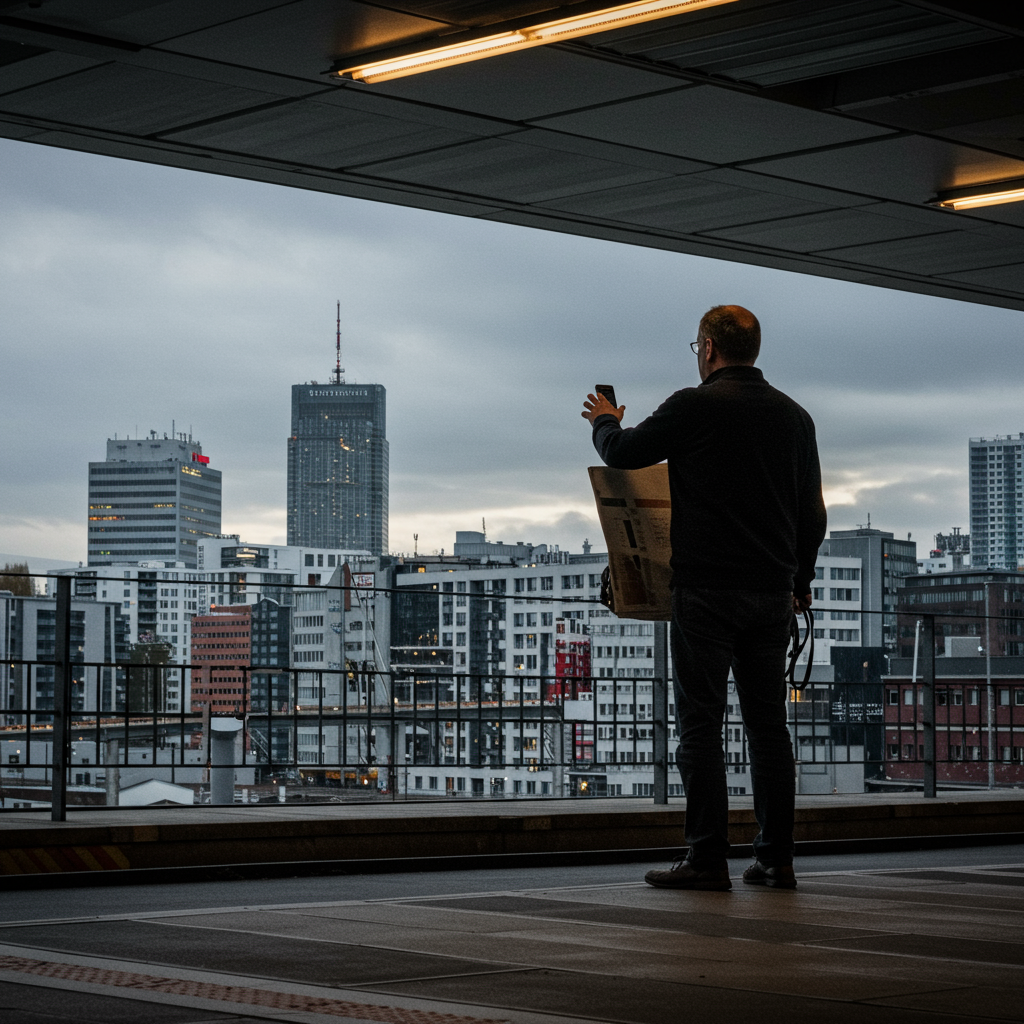The Day the World Changed: An Educational Chronicle of a Hypothetical Global Invasion and Its Lasting Impact
History is punctuated by moments of profound change, events so significant they reshape the global landscape, redefine societal norms, and alter the course of human progress. While most such turning points arise from internal dynamics, conflicts, or gradual technological shifts, the concept of a sudden, overwhelming external force presents a unique scenario for educational analysis. Let us explore, hypothetically, the chronicle of 'Hari Dunia Berubah' – The Day the World Changed – initiated by a Global Invasion, and examine its theoretical impacts through the lens of historical and sociological understanding.
The premise is stark: a coordinated, overwhelming invasion originating from outside known human systems descends upon the Earth. Unlike conventional warfare between nations, this event is characterized by its simultaneous global reach, unprecedented technological disparity (favoring the invader), and a swift, decisive disruption of existing global infrastructure and governance. 'Hari Dunia Berubah' marks the precise moment this invasion achieves irreversible global control or inflicts catastrophic, civilization-altering damage within a very short timeframe – perhaps hours or days, rather than weeks or months.
The immediate chronicle of this hypothetical invasion would unfold as a cascade of failures. Global communication networks would collapse, rendering coordinated defense and response impossible. Transportation systems would seize up. Energy grids would fail. Governments, overwhelmed by the sheer scale and speed of the assault, would dissolve into chaos. The initial phase would be defined by confusion, panic, and devastating loss of life, both from direct conflict and the breakdown of life-sustaining systems. Major population centers, military installations, and critical infrastructure would likely be primary targets, ensuring the paralysis of organized resistance.
The immediate aftermath transitions from active invasion to an era of uncertain survival. The collapse of complex supply chains leads to widespread shortages of food, water, and medical supplies. Survivors would face a world stripped of its conveniences and reliant on immediate resources and local ingenuity. New, localized forms of authority might emerge, born out of necessity for order and cooperation, often based around pre-existing community structures or the remnants of former institutions. This period is a stark test of human resilience, adaptability, and the capacity for both conflict and cooperation under extreme duress.
The long-term impacts of such a 'Hari Dunia Berubah' would be multifaceted and enduring. The global political order, as it existed, would be obliterated. Any future geopolitical landscape would depend entirely on the invaders' objectives and methods of control, or, in the absence of overt control, on the fragmented recovery efforts of surviving human enclaves. Technological regression is highly likely; the loss of complex manufacturing, global supply chains, and skilled personnel could push surviving societies back centuries in certain areas, while perhaps spurring rapid, localized innovation in others out of necessity. Societal structures would likely simplify, with increased emphasis on basic needs and community survival. The psychological impact on generations who lived through or were born into this post-invasion world would be immense, shaping culture, belief systems, and collective memory for centuries to come.
Analyzing a hypothetical event like 'Hari Dunia Berubah' serves a crucial educational purpose. It compels us to consider the fragility of our interconnected global systems, the vital importance of resilience at individual, community, and global levels, and the fundamental elements necessary for societal recovery and reconstruction after catastrophic disruption. While a literal 'Global Invasion' may reside in the realm of fiction, studying the *potential consequences* through the lens of historical turning points, societal collapse, and post-crisis recovery provides valuable insights into the dynamics of change, the sources of human vulnerability, and the enduring capacity for adaptation and rebuilding that defines the human story.
Sumber:
- Britannica
- HISTORY
- American Psychological Association



Comments
Post a Comment